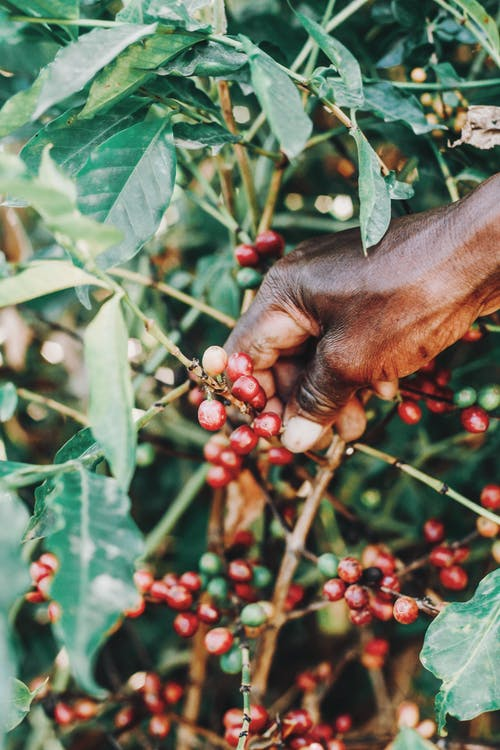Africa is endowed with diverse agro-ecological zones ranging from heavy rain forests to dry-arid vegetation, and agriculture forms a major portion of the economies of all African countries. Most of the population uses simple farming techniques, but farming approaches and performances vary from one region or country to another based on the agro-climatic zones.
Although agriculture provides employment for two-third of the population and contributes to an average of 30% of the GDP, agricultural productivity remains very low. However, the importance of agriculture is rising with the rising population, growing demand for food, and increased dependence on imports.
The agricultural sector is marking a shift offering new opportunities within the industry.

The Importance of Agriculture in Africa
Agriculture becomes important in Africa primarily as it is the key driver of economic transformation in Africa. From being self-sufficient in the 1960s, Africa has become increasingly dependent on agricultural imports over time. Africa imports products that compete with its own: meat, dairy products, cereals and oils. Also, the population in Africa has continued to increase in absolute terms, raising the demand for food supplies. Imports are almost double the value of exports, causing a steep fall in African agricultural exports since the mid-1990s.

Thus, prioritizing the agriculture sector and improving agricultural production have become absolute necessities of the continent. As a growing sector, it can contribute to the continent’s significant priorities as given below:
- eradicating poverty and unemployment
- feeding the population
- boosting the import and export of African agricultural products
- gaining cross country investments
- rapid industrialisation and economic diversification
- a sustainable resource and environmental management.
Also, farmers are considered the primary guardians of the natural heritage and ecological assets in Africa and only through them can the continent manage the rising demands.
Agricultural Opportunities in Africa

Given Africa’s diverse ecological terrain and rapidly growing demand for food, the agriculture sector is sure to open up developmental opportunities in the future. Almost two-thirds of its cultivable land is still not cultivated. The availability of land, an abundance of natural resources and a workforce enable the expansion of land under cultivation and have contributed to the implementation of an extensive agricultural growth model.
Increasing investment in agriculture, fostering entrepreneurship and investment in agribusinesses and agri-food value chains, improving national and regional agricultural markets will boost Africa’s collective food security, improve the management of natural resources and boost agricultural trade within and beyond the continent.
Path to Agricultural Prosperity
Although agricultural production in Africa has increased steadily, Agricultural growth in Africa is generally achieved by cultivating more land and mobilizing a larger agricultural labor force. The adoption of innovation is required to increase productivity. Innovation can minimize risks and secure predicted incomes. Along with adaptation of technological innovations, one should also focus on:
- Methods to increase productivity
- Absorbing the growing labor force
- Promoting diverse products
- Enhancing the value chain
- Developing local markets as well as international trade
Thus, with impeccable technological interventions and initiative from stakeholders, the arable land in Africa will soon find its true potential and help in the holistic development of the countries and their populations.
Connect with Half Land, a one-stop technology-enabled solution for Indian farmers and consumers to sell and buy the best agro products.
